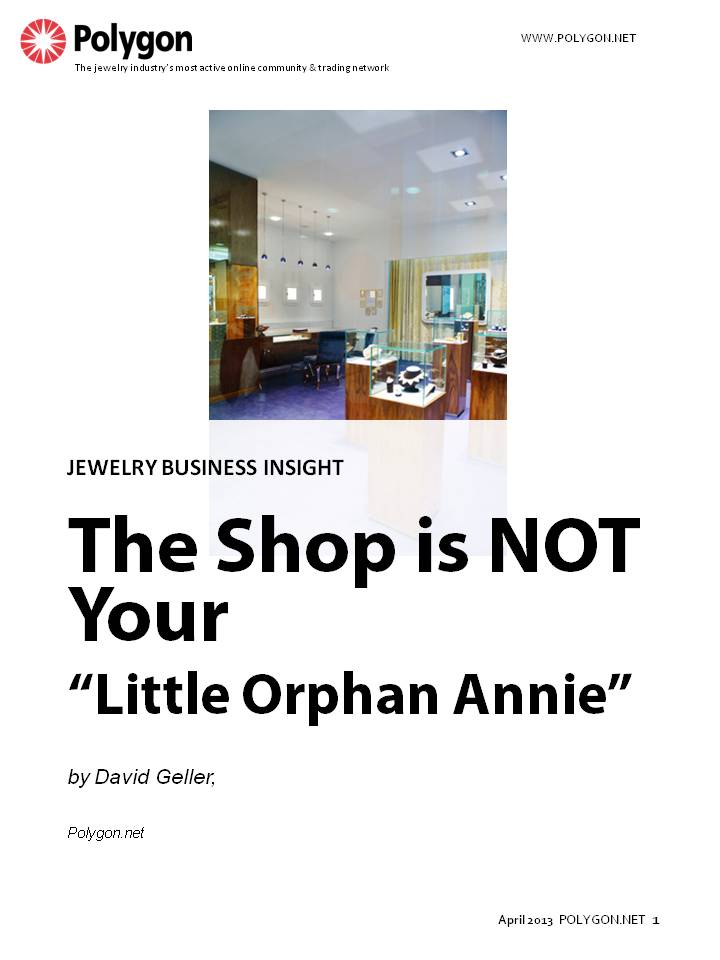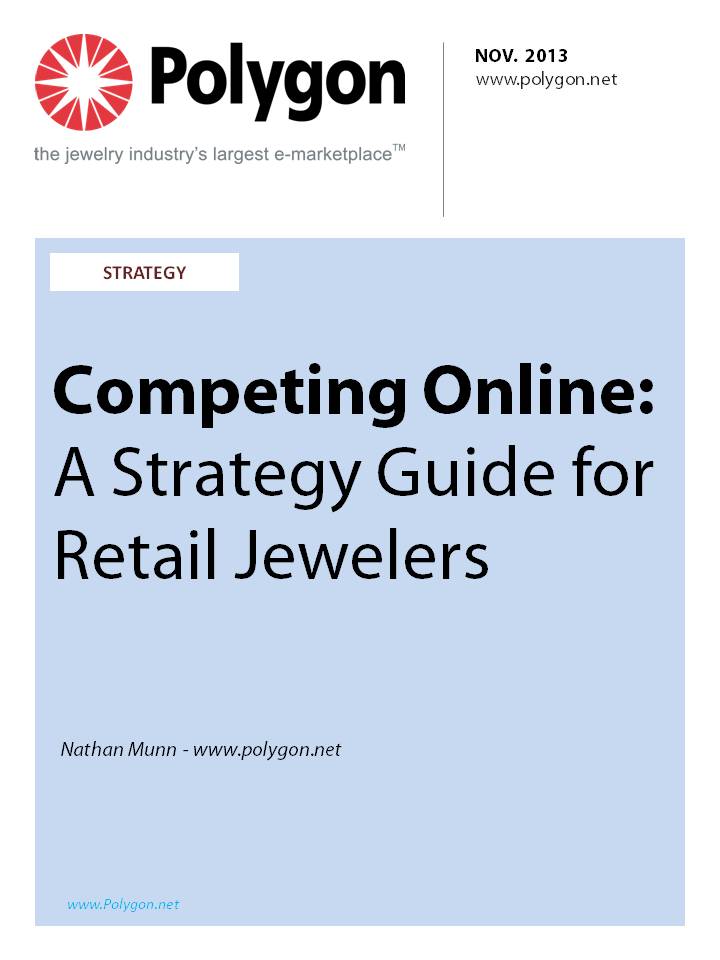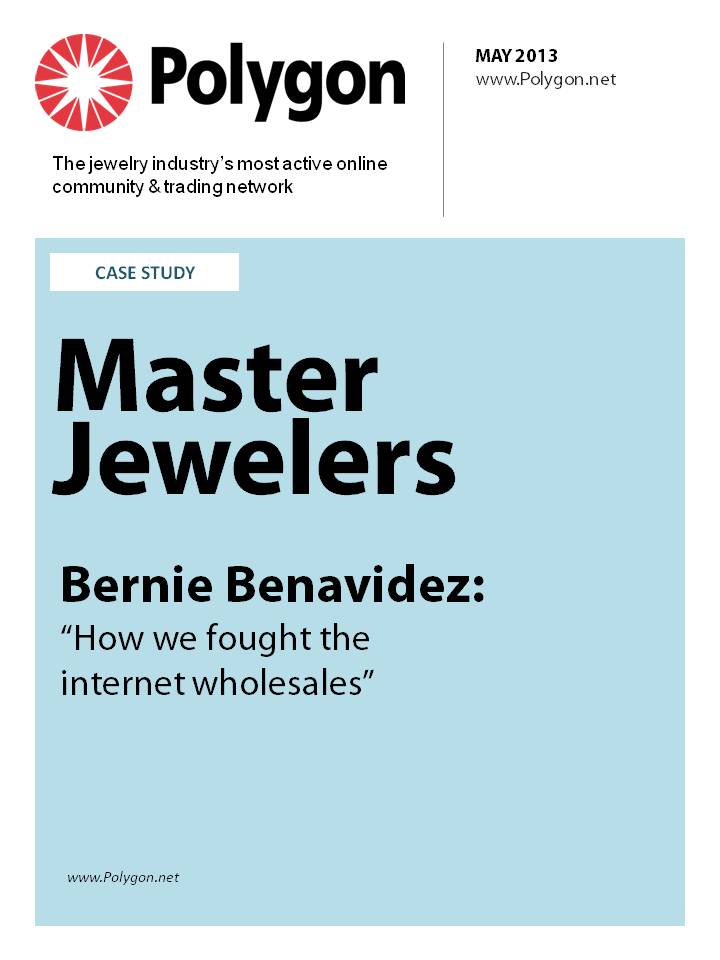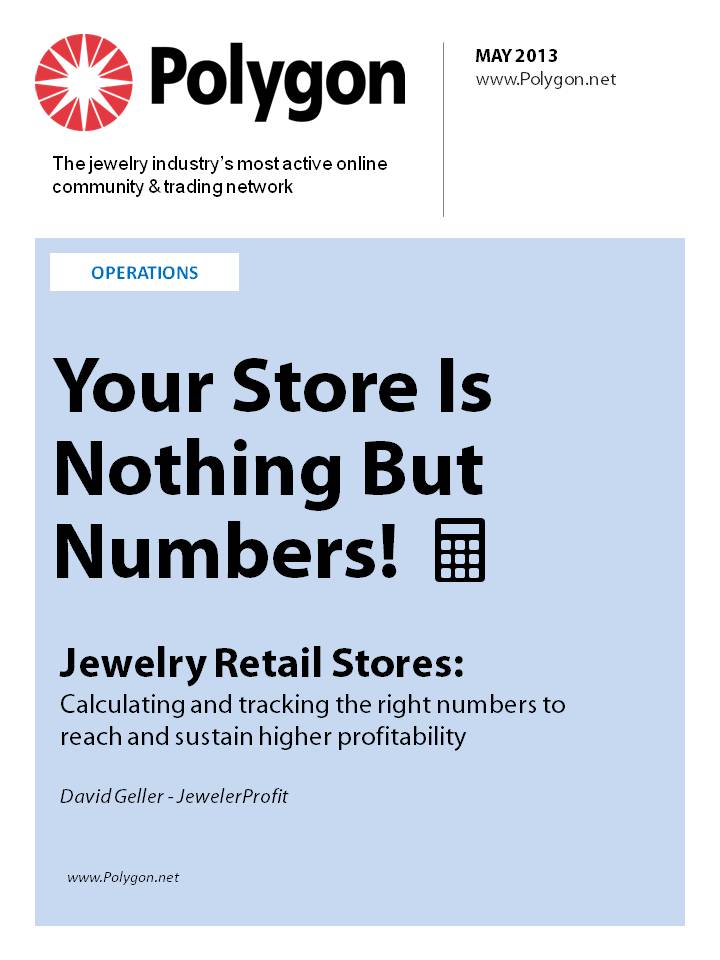The Shop Is NOT your "Little Orphan Annie"

A customer service necessity.
A must have department to compete with other stores in town.
An in house shop, in order to avoid sending out customers'jewelry for repairs.
The store owner is a bench jeweler, so we'll continue to have a shop.
The shop should be just like any other department or profit center in your store. It must be a profit center and you should demand as much.
I've had so many talks with jewelers who either brag or complain about different departments in the store:
Brag
"Our bead department makes almost keystone and brings in customers"
"We're doing great in selling diamonds"
"Our Rolex department is 25% of sales"
"Silver is bringing them in the door"
"Buying gold has kept us alive."
Complaints
"It takes too long to sell a bead and the company demands too much so I changed brands."
"This supplier wants me to carry too much inventory and won't take back old stock, so I deep sixed them."
"There's no money in watch repairs so we don't even taken them in any more."
So what are you complaining or bragging about in your shop?
Do you consider your shop as an orphan who's always a pain in your side? Would you change your mind if your Little Orphan Annie came with a $500,000 trust fund? That would change your tune, wouldn't it?
Start demanding that the shop be like your bead, diamond or any other department in the store-DEMAND PERFORMANCE!
Here`s how you`ll do it:
Demand Profits:
Charge more than you're charging now. You charge too little. Customers will pay, as repairs are not price sensitive but trust sensitive.
Demand that it runs on its own:
You must start immediately - ongoing in-house training sessions to train the staff how to take in, sell and price the shop work. A large majority of jewelers in America use my Geller's Blue Book to jewelry repairs. But you just can't hand an employee a 300 page book and say "start using this today". They must be trained in using it and convince them why we charge these prices. My website has training videos on the whole book, they should start there and you should incorporate bi-monthly sales meetings for your store and devote 15 minutes to shop training for the staff.
Demand efficiency:
The shop should keep its word on promised dates. This means besides having jewelers that you "hope" will perform you must have a system in place that will provide you with reports on jobs due in the next 3 days as well as those waiting on parts.
Jewelers are not just employees who size rings, no more than sales people just "wait on customers". Besides being nice, you demand of the sales staff to perform by selling a certain amount of dollars each month. The shop should have the same expectations.
The bench jeweler has several facets of performance.
Good workmanship: You expect fine work, impeccable craftsmanship, ensure customer satisfaction and that the jeweler doesn't chip or break stones. Too many store owners are afraid to discipline or fire a bench jeweler thinking they can't find anyone else. You can't let one person run the store and tarnish customer service or your reputation. Should they have a hard time providing good workmanship & you aren't able to train them yourself, invest the money and send them to one of the many one week jewelry schools to acquire more knowledge/develop better craftsmanship.
Profitable performance: Here the jeweler has less impact on profits than you think. The sales staff and what they charge has the greatest impact.
However, you can demand that the shop be more efficient with its TIME. A bench jeweler should produce about $100 to $150 per hour every 8 business hours. This should translate to over $800 a day in shop sales per jeweler. Again the pricing has a lot to do with that BUT the jeweler can impact this number as well.
So how do you get the jeweler to produce $100 to $150 during any hour? The only time a jeweler produces dollars is when he/she does work where we charge the customer.
When you size a ring or retip a prong do you charge EXTRA to polish the ring? The answer is no. Hire a separate polisher to polish the jewelers work. For the first 10 years we hired a high school or college student to come in after school to polish their work, taught them how to engrave, invest, cast, change showroom light bulbs and take out the trash. Being most jewelers are male, stores usually have them do "grunt" work. They are supposed to produce $100 between 3 and 4 pm and can't do that if they polish, go to the bank or take out the trash. They are a money machine and they only do real work for 5.5 hours out of an 8 hour day anyway!
Do you charge the customer to call and order a lobster claw for them? No. Jewelers should not be calling or ordering their parts & supplies. Give them an order pad, write down what they need and have the office staff order the parts. When the box arrives the office distributes the parts and hands it to the jeweler.
If you add up total shop costs along with the jewelers wages as shop costs and compare that number to total shop sales you should be expecting shop sales to be double shop costs (keystone). Now that's a trust fund!
You expect that of other departments don't you?
David Geller - JewelerProfit | May 9th, 2013






